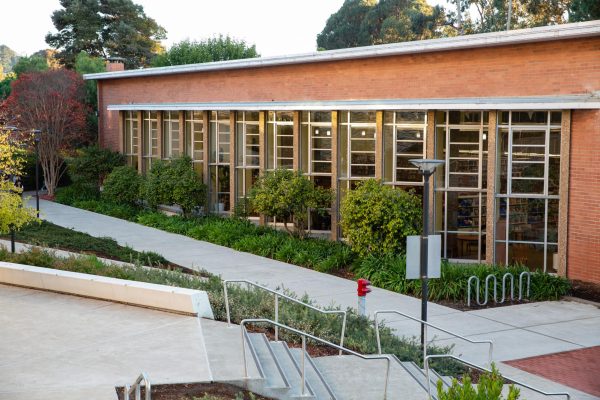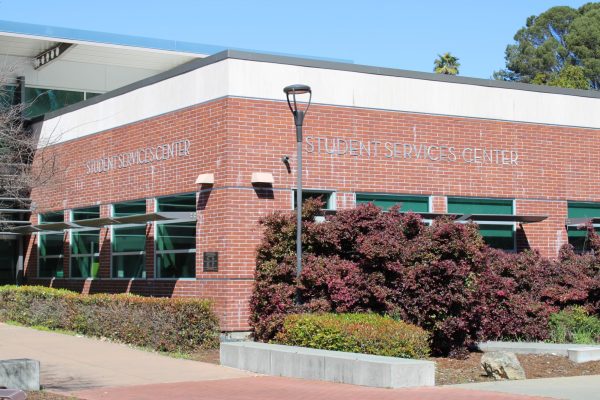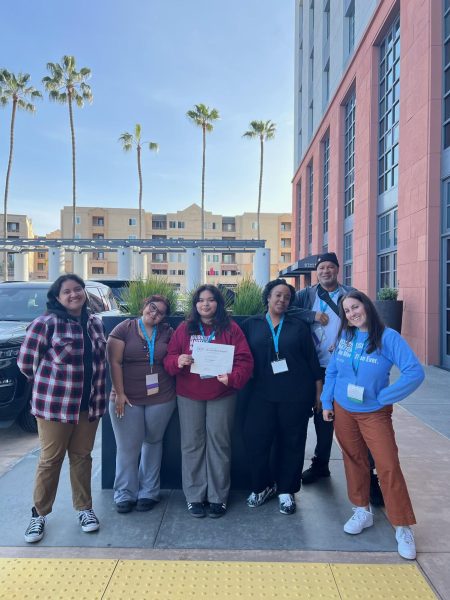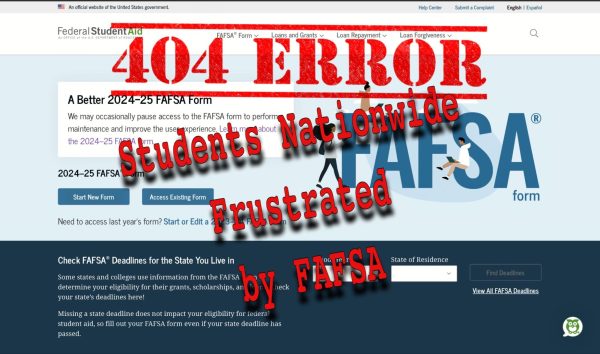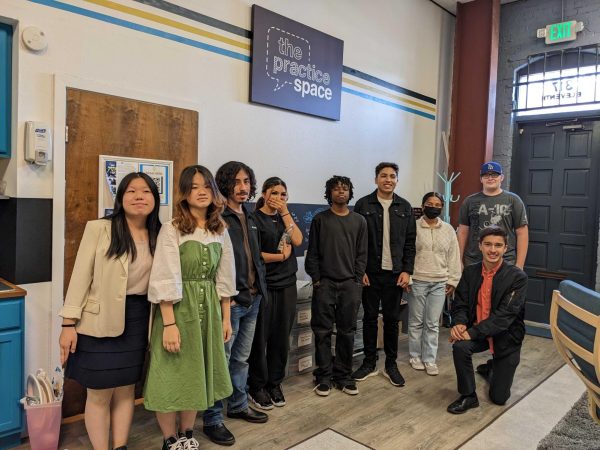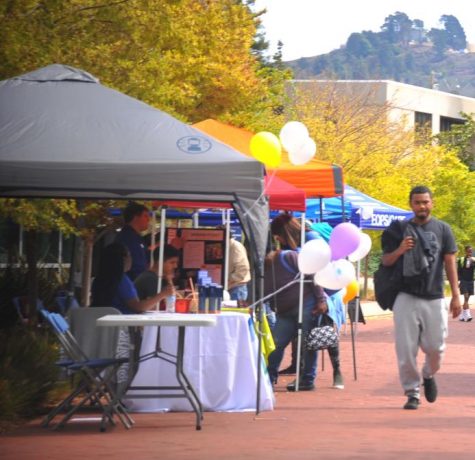Program allows students working full time to earn units
Coop ed course assists students in reaching transfer goal
September 9, 2014
Working students with limited time for taking classes can earn transferable units through the Cooperative Education Program, a federal program that has been connecting community employers with students for more than 40 years.
The units students earn count as electives and can be used to help students reach the 60 units necessary for transfer or to meet a financial aid prerequisite.
The only requirement is that a student does his or her job and that a willing supervisor from work meets with the student’s instructor, once at the beginning and again near the end of the semester, to log the student’s progress.
Computer science major David Ahmad, a returning coop student, said he is appreciative of the program because it allows him to supplement his rigorous schedule with 3 units to make him a full-time student and qualify him for financial aid through EOPS/CARE.
“Having a coop class is good because it gives me 3 units that go toward my classes,” he said. “I am able to (focus on) my hard classes while keeping my 12 units.”
Coop ed instructor Mary Johnson said the program alleviates stress on students by providing them easily obtainable and transferable units, while remaining career oriented and in the students’ best interests.
The program specifically aims to work with students and is beneficial for anyone who needs a break from the heavy load of hard classes, she said.
“The program consists of two courses: Coop Ed 160 and Coop Ed 170. They are repeatable and students can take up to 16 units of coop ed altogether,” she said.
Coop Ed 160-General Work Experience allows students who work any job, paid or unpaid, from babysitting to volunteer work, to enroll in their choice of 1-3 units.
Coop Ed 170-Occupation Work Experience requires students to have a job in direct relation to their major. Students can take from 1-4 units of Coop Ed 170 per semester.
As a Coop Ed 170 student, Ahmad said he greatly benefits from getting transferable college credit for the real world work experience he receives as an IT technician at Lawrence Berkeley National Laboratory.
Johnson said it is not too late for interested students to enroll in a coop ed class this semester.
“The program is offering a Late Start Class beginning on Sept. 24. A late add code is not required,” she said.
Enrolling students must complete three forms and attend a 1-hour orientation. A student enrolling in coop ed must have a supervisor who is willing to oversee his or her progress at work by setting three to four goals he or she must accomplish throughout the semester to receive credit, she said.
Returning students who have taken two semesters of coop ed must go to Admissions & Records to complete a Petition to Repeat Form. It is guaranteed that the student is accepted, unless he or she has exceeded the maximum 16 units, Johnson said.
Returning students who begin a new job must fill out new paperwork to re-enroll in the program, she said.
Returning coop ed student and police aide Arturo Zazueta said that being part of the Coop Ed Program keeps him motivated and striving to accomplish his educational goals.
Zazueta heard about the program from a former police aide, and is currently on his fourth semester within the program. He said he uses the opportunity as a means of fulfilling financial aid requirements.
Johnson said it is the duty of the instructor to drive out to the student’s place of business and meet one-on-one with the student’s supervisor, then concludes the course by assigning a letter grade based on the feedback provided by the supervisor.
For further questions or information about the program, contact instructor Mary Johnson at [email protected].



